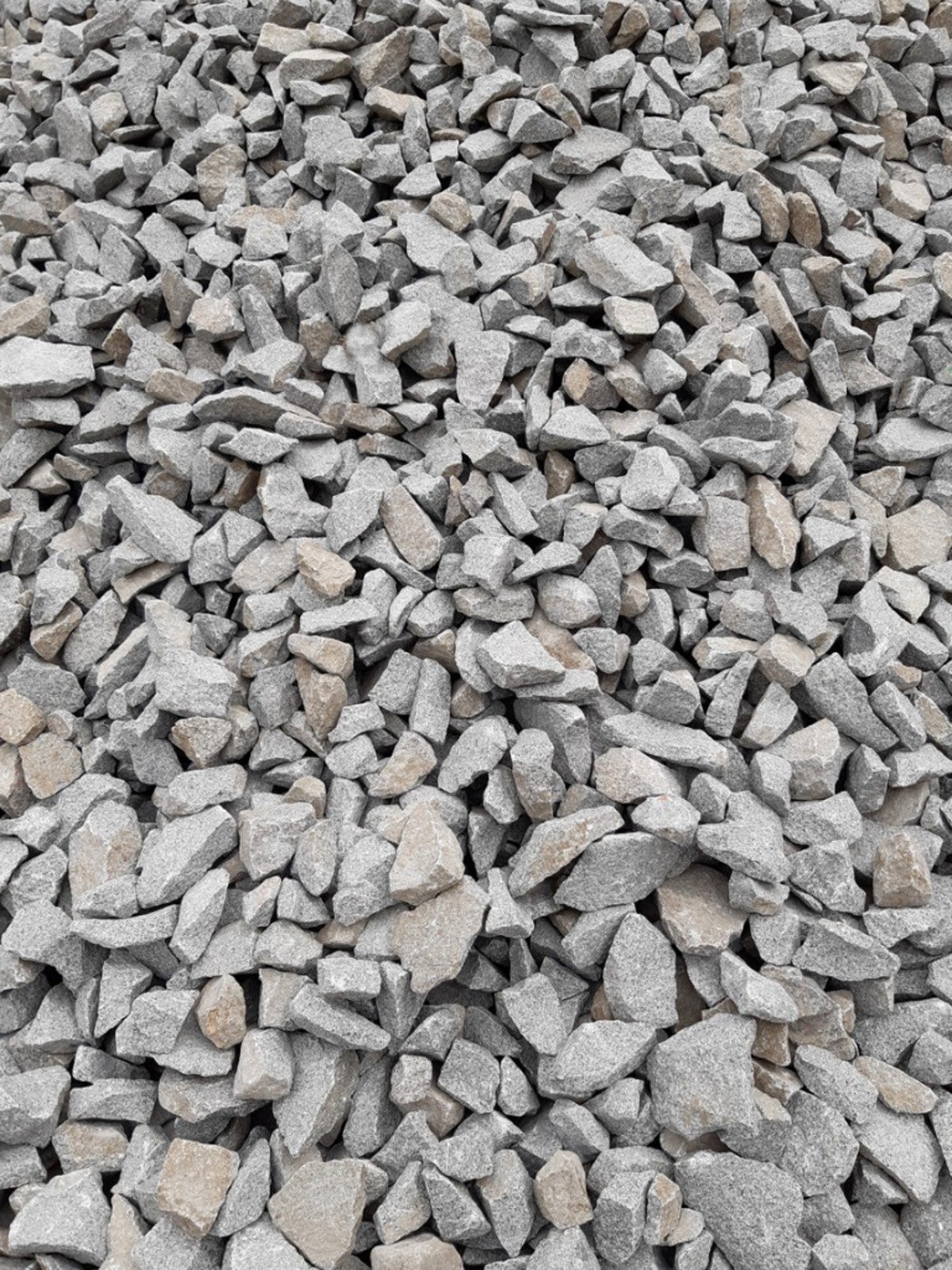Crushed Stone Mulch Info - Using Crushed Rock Instead Of Mulch


Mulch is a staple in most gardens, and with good reason. Mulch made of straw, bark chips, pine needles, or other organic material retains soil moisture, promotes healthy drainage, protects roots against temperature fluctuations, staunches growth of weeds, and enriches the soil as it gradually decomposes.
But, what about crushed rock as mulch? There are plenty of good reasons for using crushed rock instead of mulch, but there are also a few major drawbacks. Read on to learn more.
Benefits Of Crushed Rock Landscapes: Can I Use Crushed Rock Instead Of Mulch?
Yes, you can definitely use crushed rock as mulch. Here are a few benefits of a crushed rock landscape:
Appearance: Rock or crushed stone mulches are available in a range of sizes, shapes, and colors, including custom colors to complement your home or garden.
Longevity: Unlike organic mulch, crushed stone mulch will last just about forever, and it doesn’t need to be replenished every season. It won’t blow away in a strong wind, and it’s unlikely that water will ever carry it away.
Price: Using crushed rock instead of mulch might cost more initially depending on your choice of rock, but because it’s so long-lasting, crush stone mulch soon pays for itself.
Maintenance: Once it’s in place, crushed rock as mulch requires very little maintenance to keep it looking good. Stones don’t attract insects, and they aren’t prone to mold or mildew.
Gardening tips, videos, info and more delivered right to your inbox!
Sign up for the Gardening Know How newsletter today and receive a free copy of our e-book "How to Grow Delicious Tomatoes".
Fire safety: Crush rock mulch applied around the perimeter of your house creates an effective fire barrier, while most organic mulches are flammable.
Possible Problems With Crushed Stone Mulch
Consider the flip side of using crushed rock as mulch. You may decide that crushed stone mulch is best for walkways, rock gardens, or open areas without mulch.
Heat: Crushed rock mulch absorbs heat in a hurry, especially if you live in a warm climate. If soil temperature is too hot, plants can suffer leaf burn and heat stress. You’ll need to water plants more often, and some heat-sensitive plants may not survive.
Soil health: Unlike organic mulch, rocks add no nutrients to the soil. In fact, crushed stone mulch can compress the soil and destroy air pockets that keep roots aerated.
Difficult to remove: If you ever get tired of crushed rock as mulch, you’ll have a big job on your hands. Removing organic mulch generally requires only a rake and a wheelbarrow.
Weeds: Weeds eventually sprout between rocks, and they can be difficult to remove. However, using landscape cloth can mitigate this problem.
Upkeep: Although rocks are clean and don’t need much upkeep, you may have a mess on your hand if the rocky area is under trees or shrubs.

A Credentialed Garden Writer, Mary H. Dyer was with Gardening Know How in the very beginning, publishing articles as early as 2007.